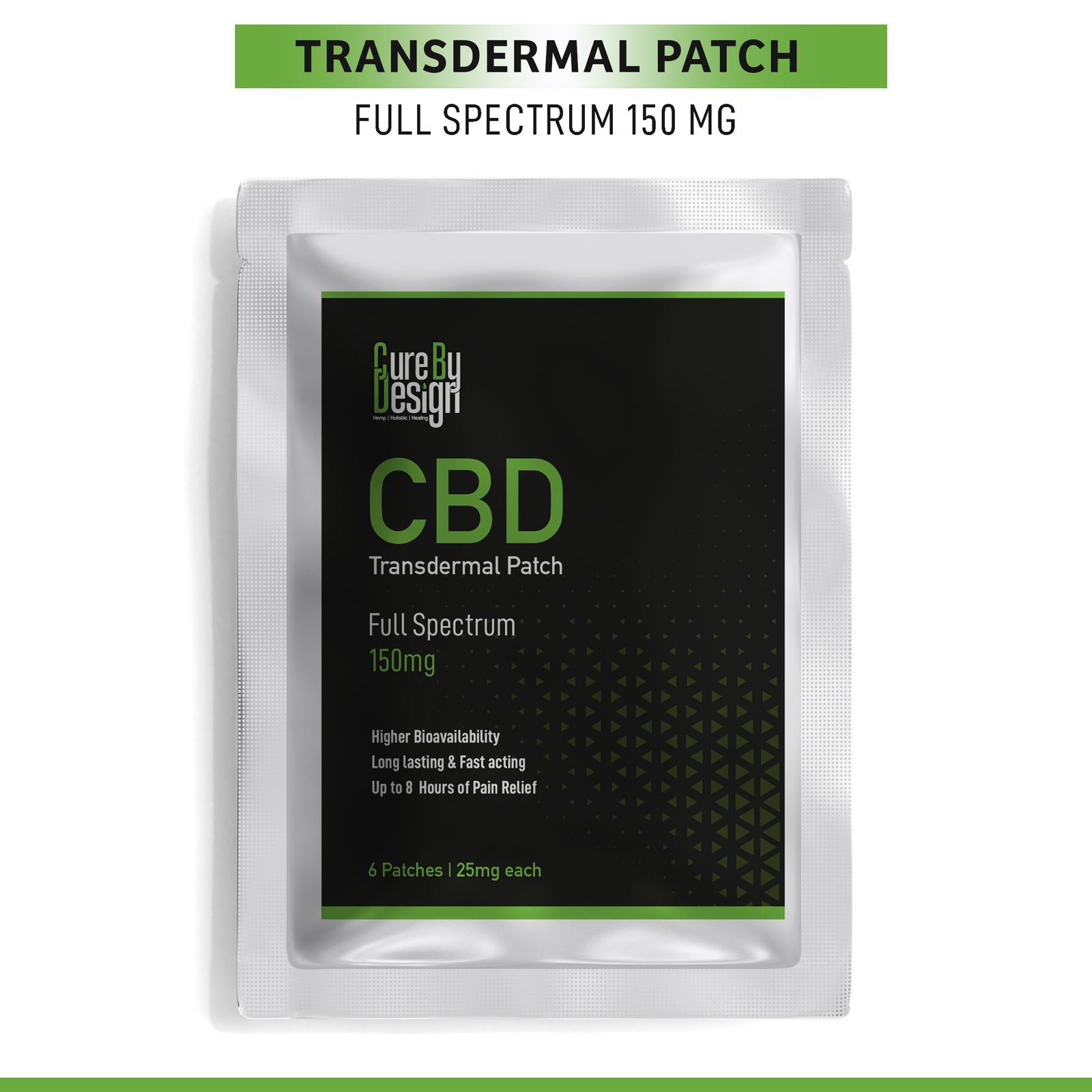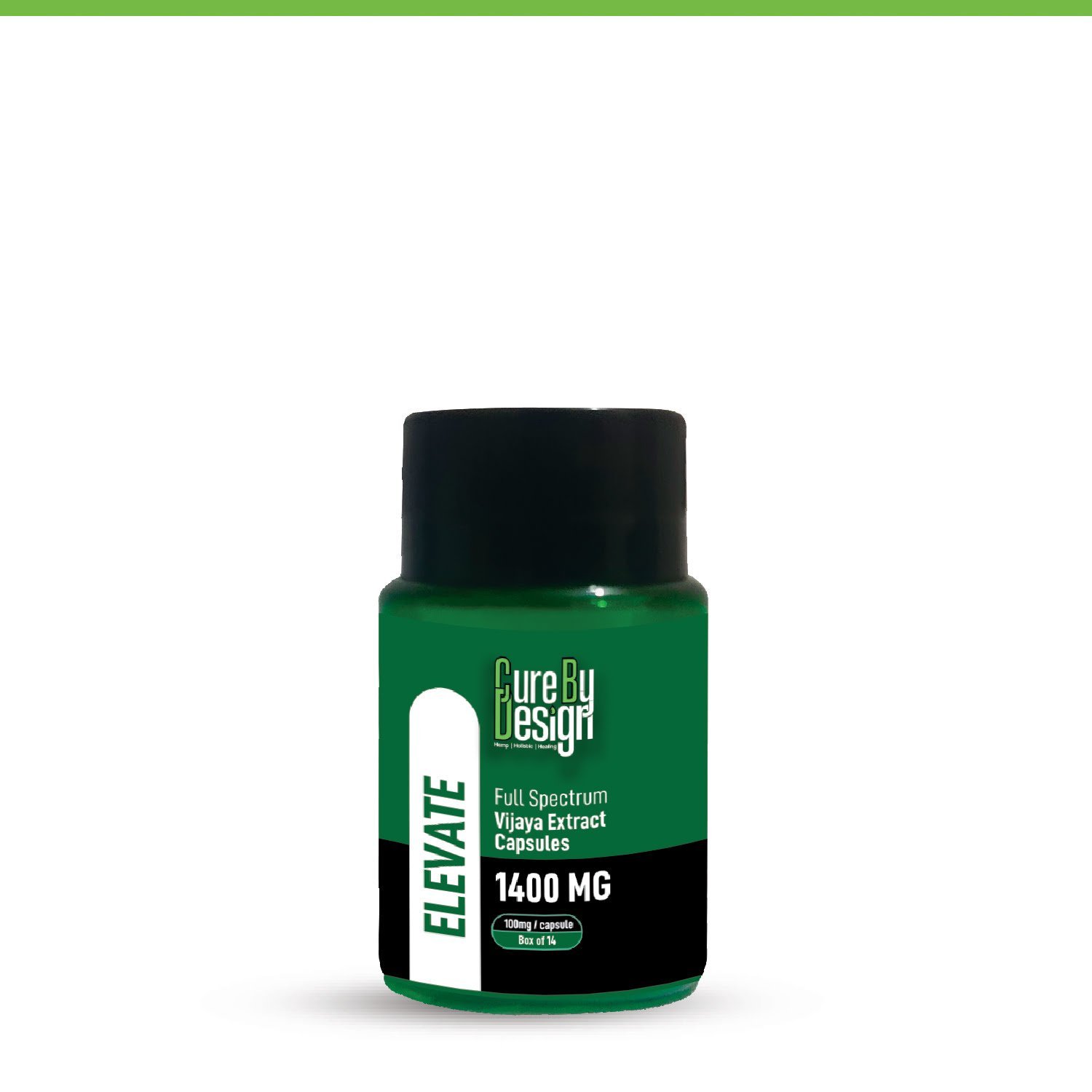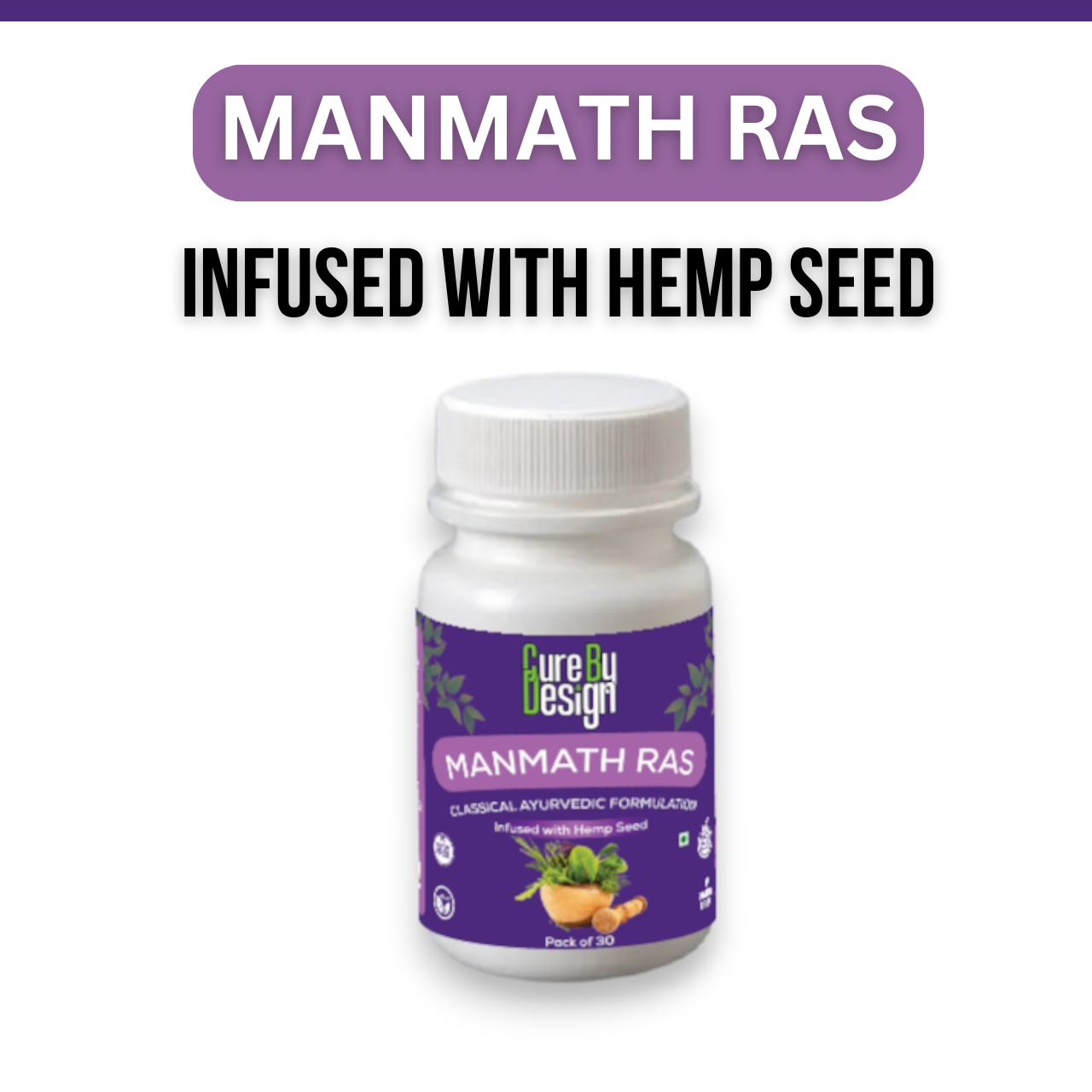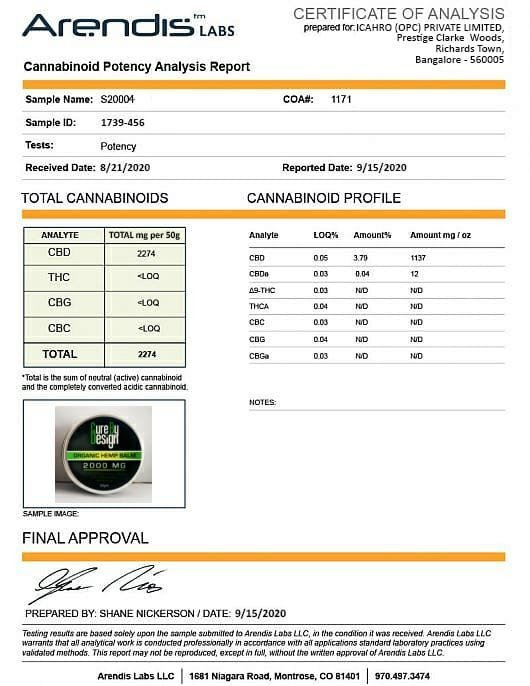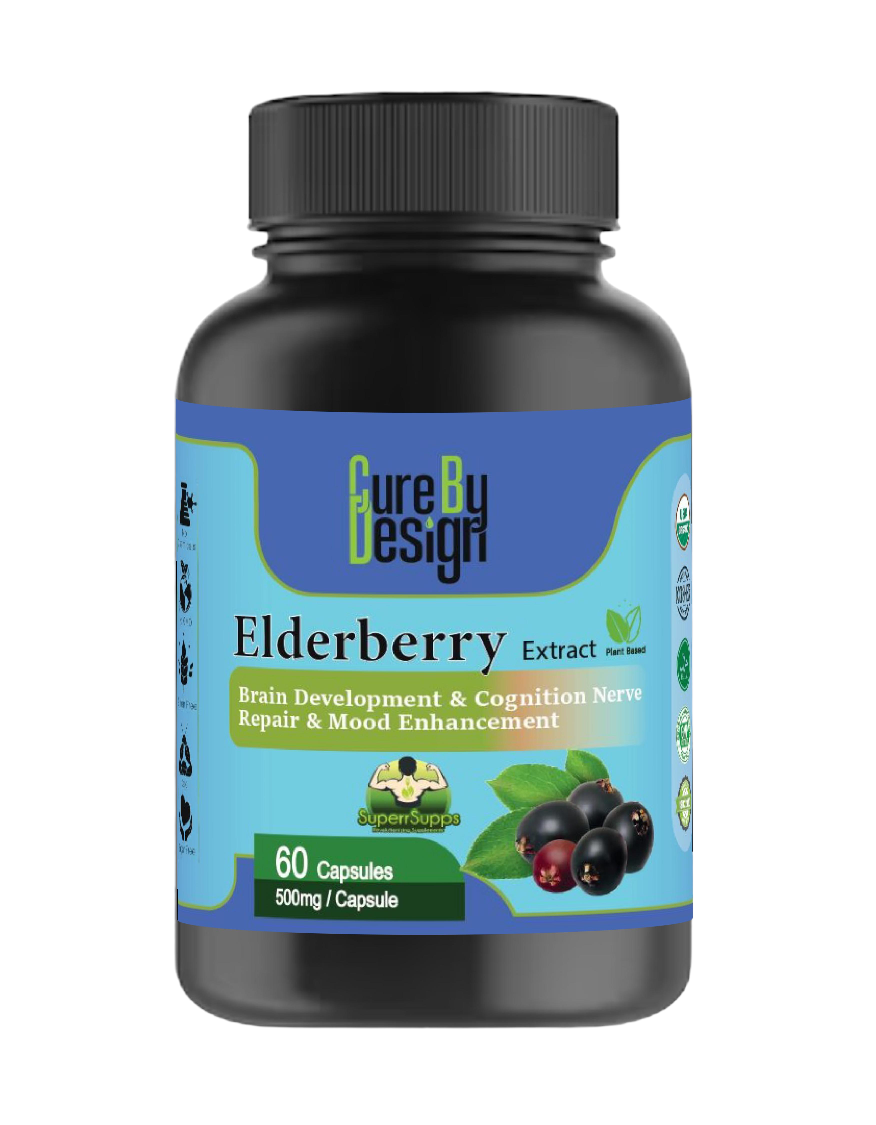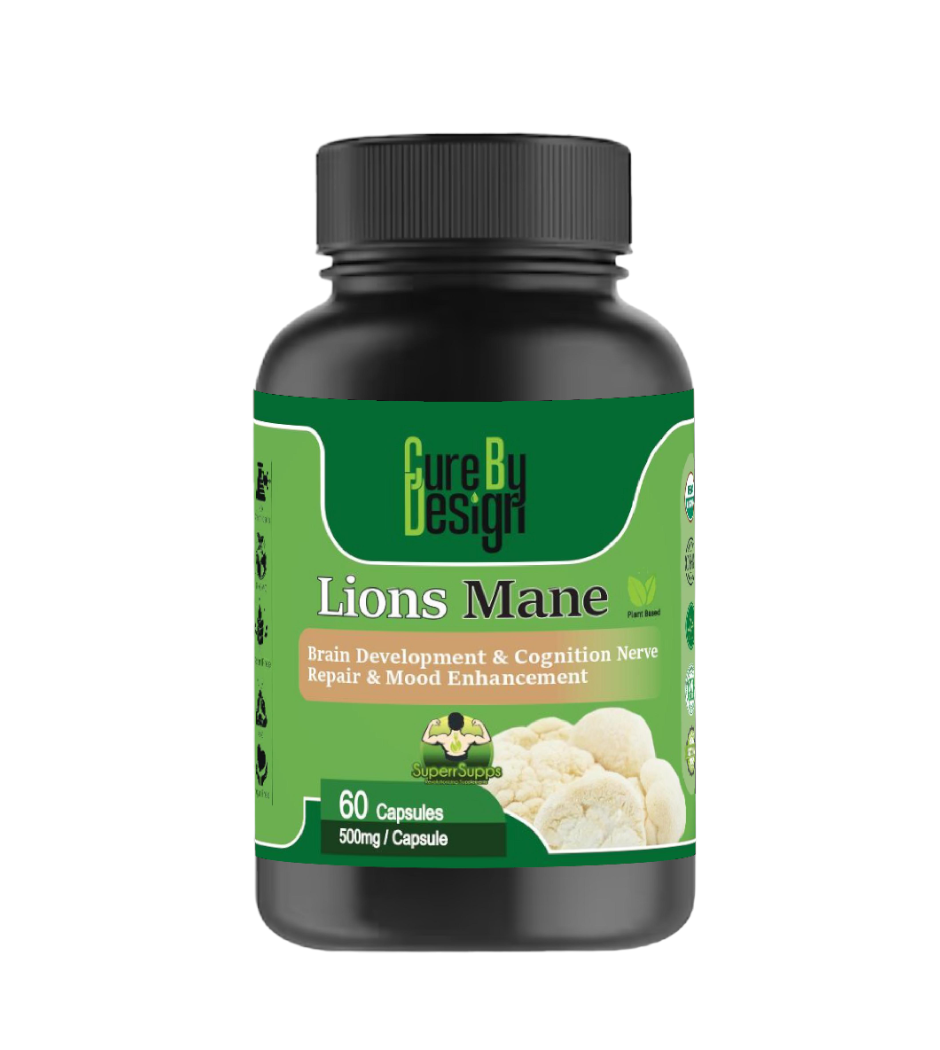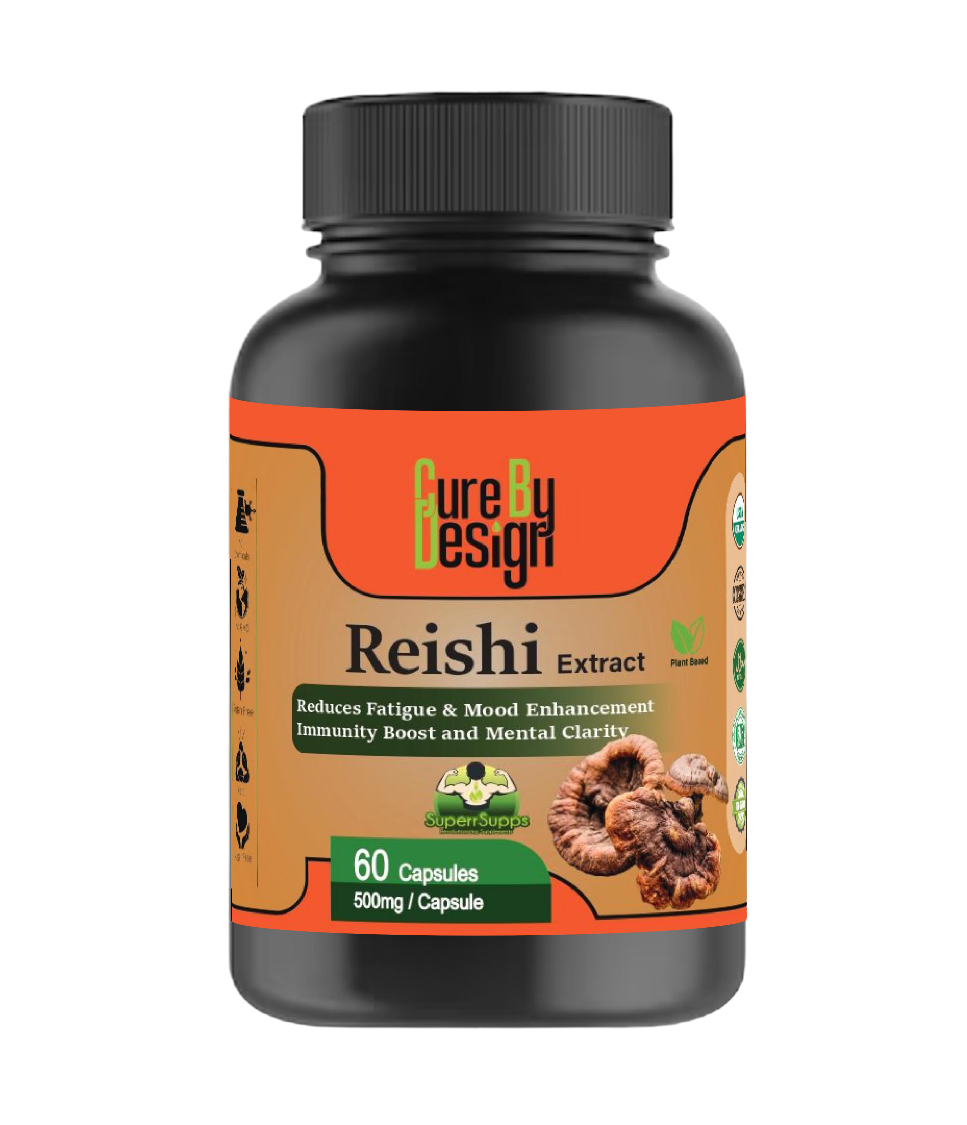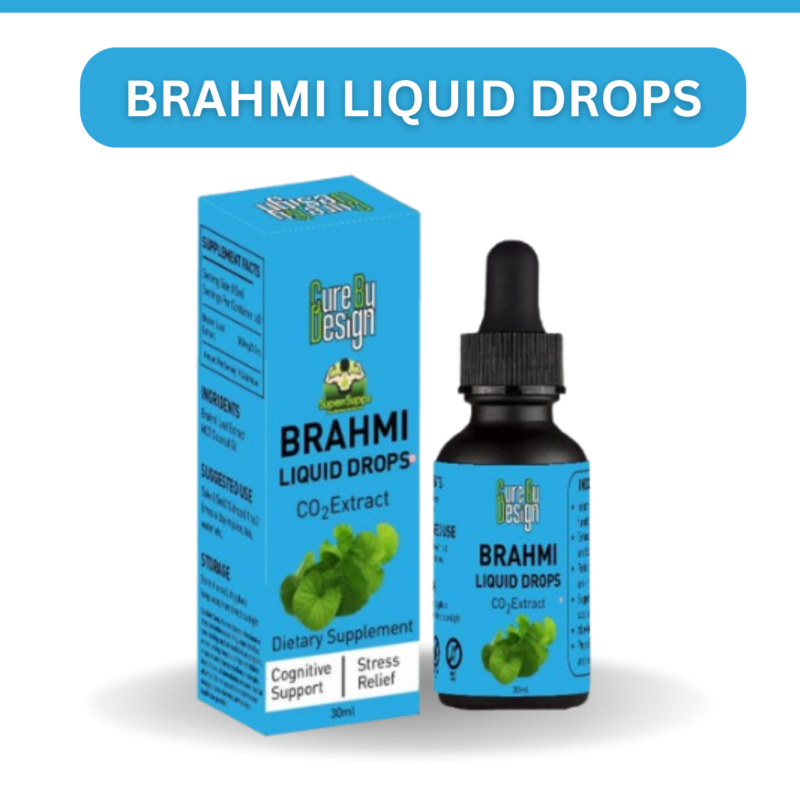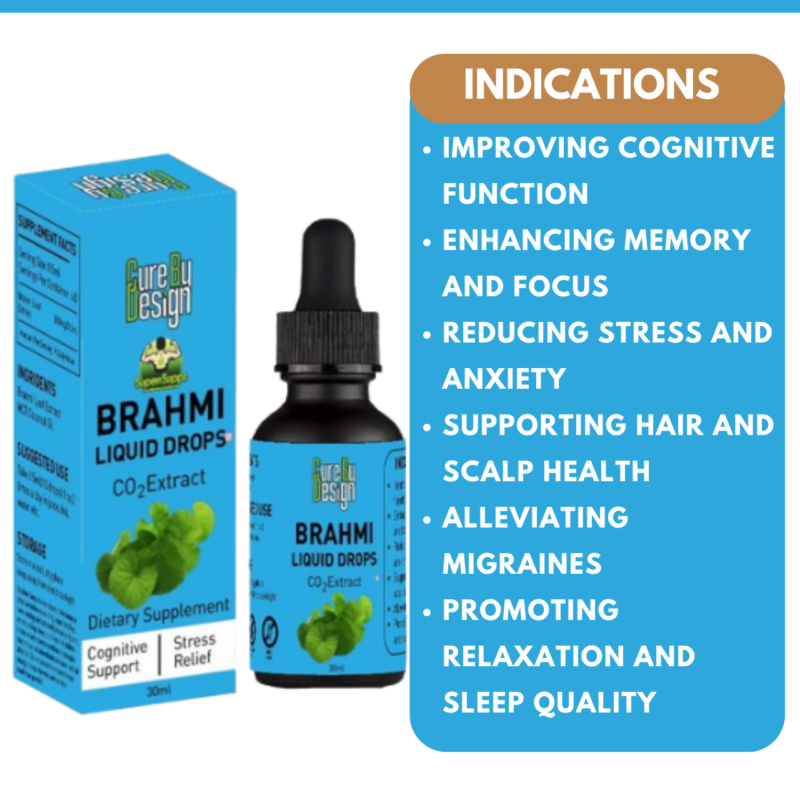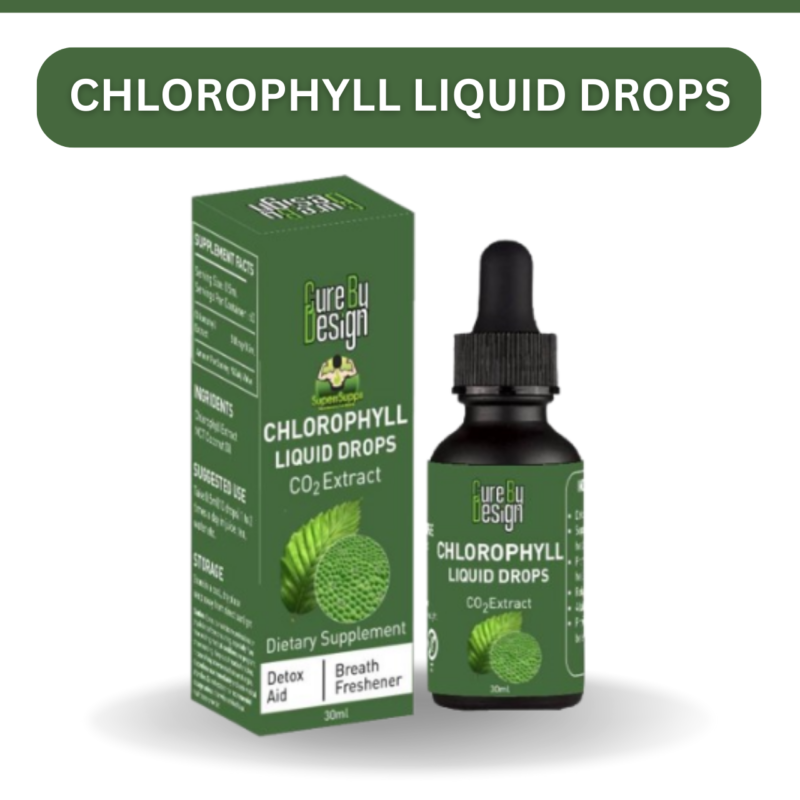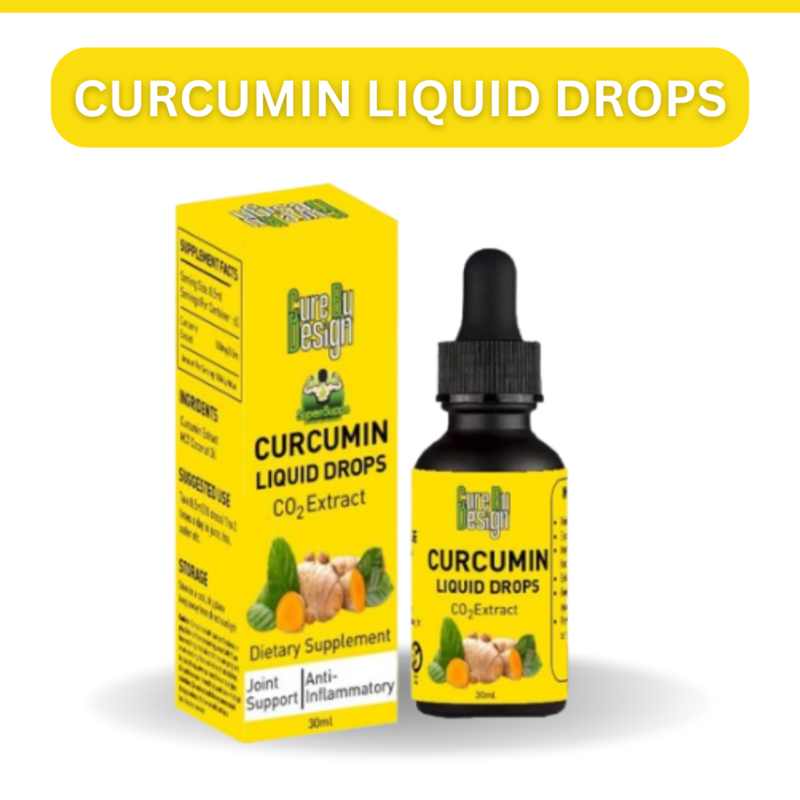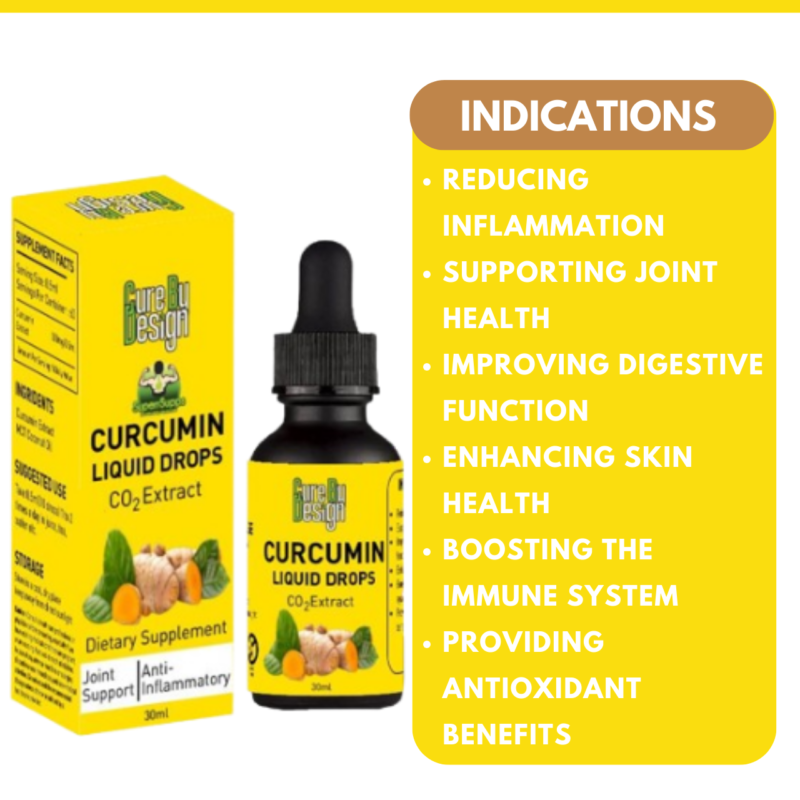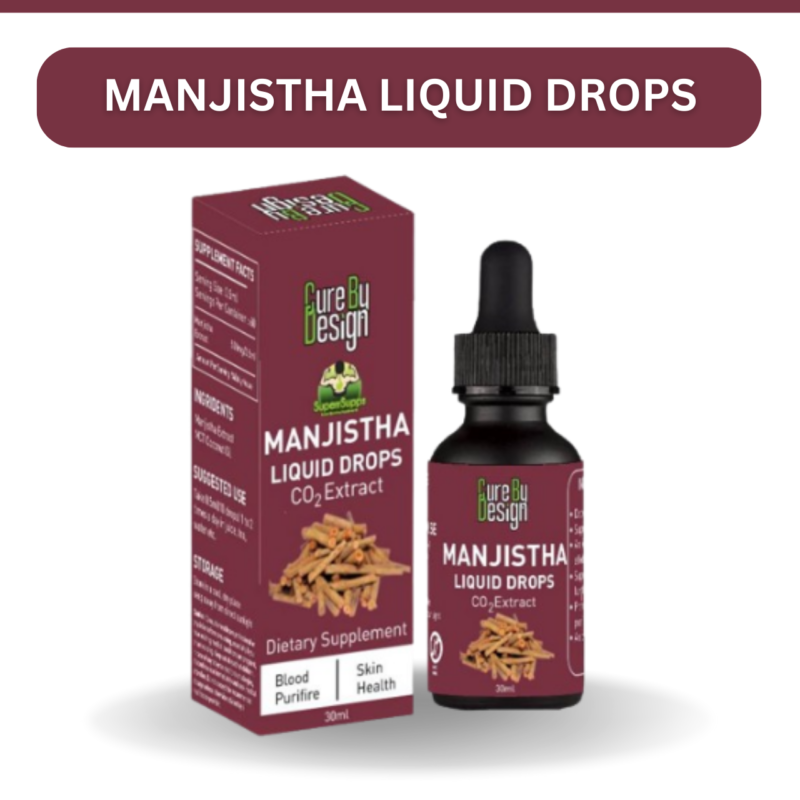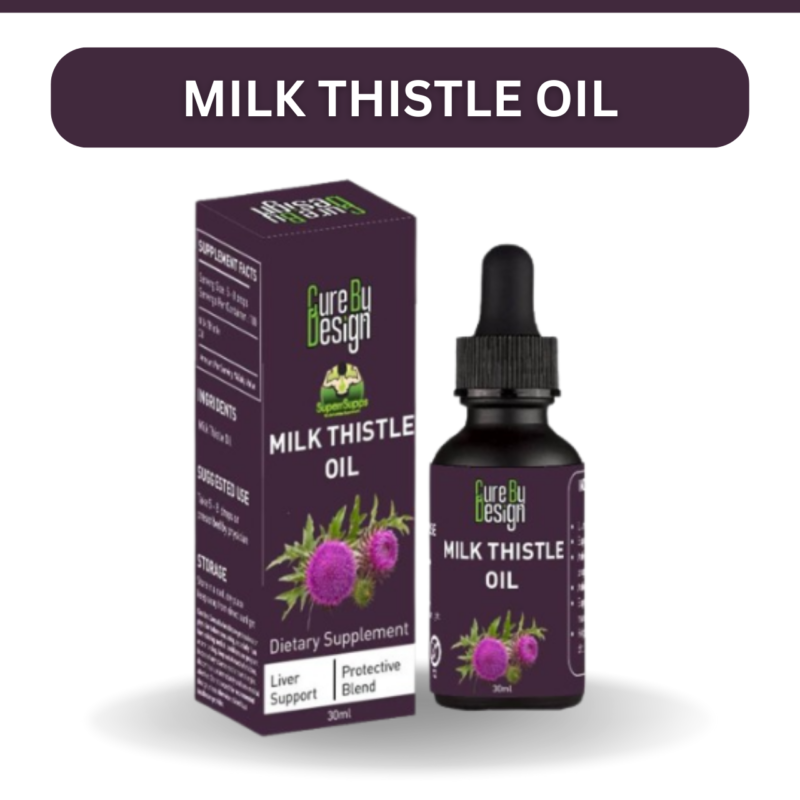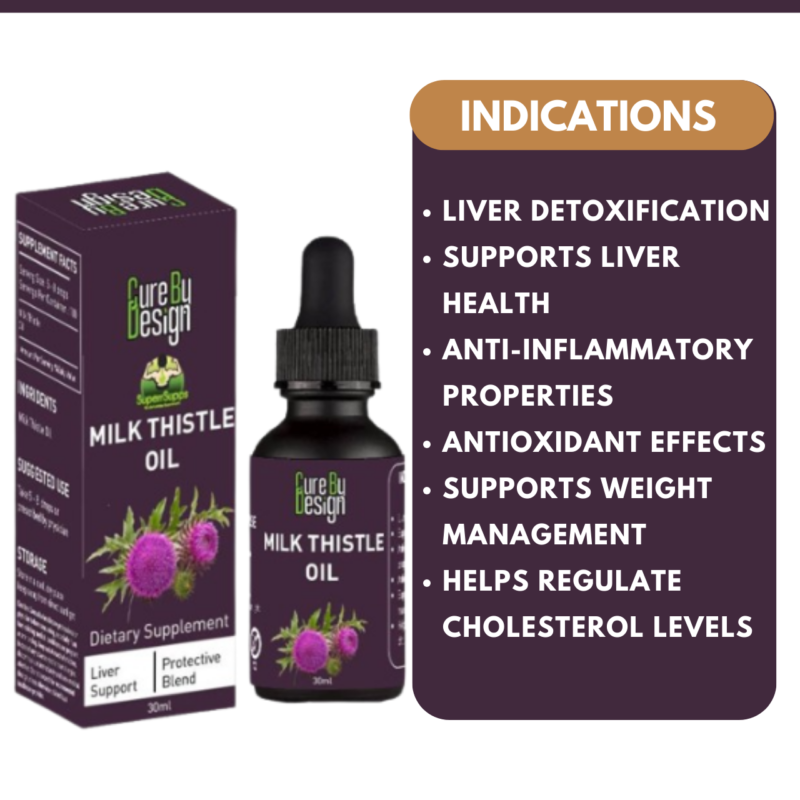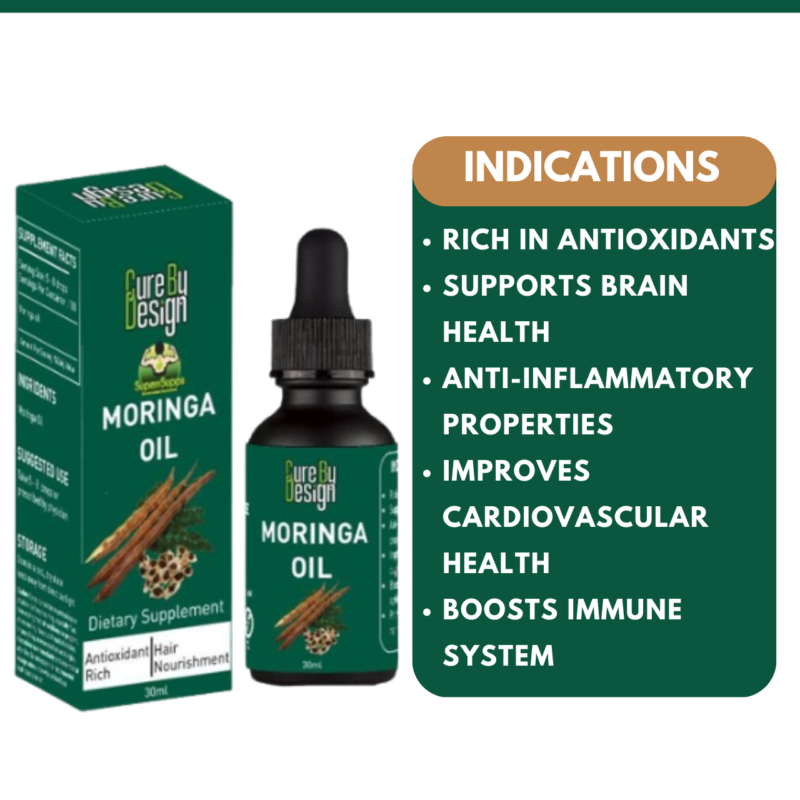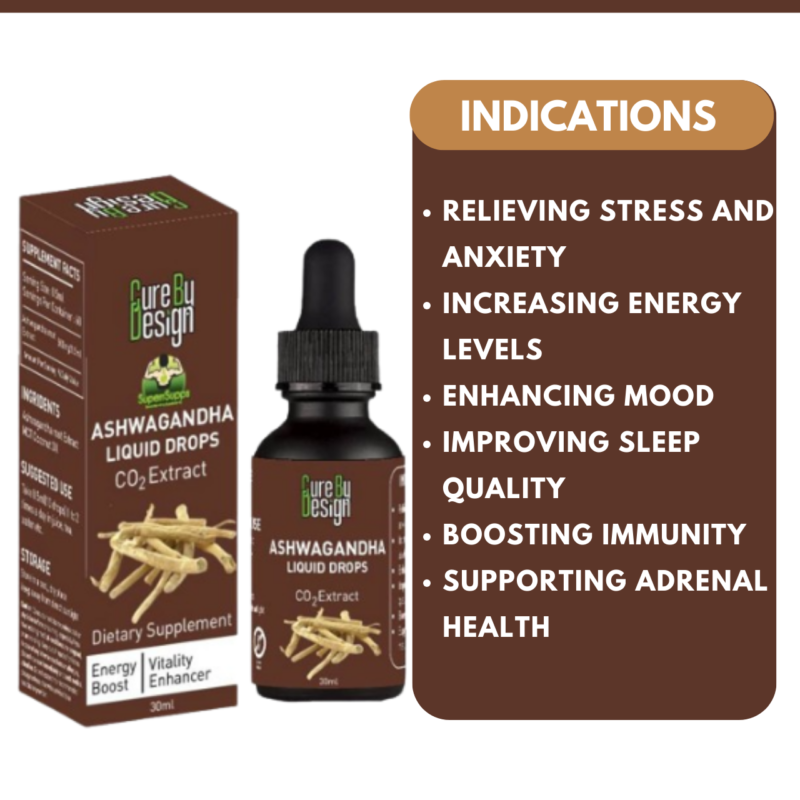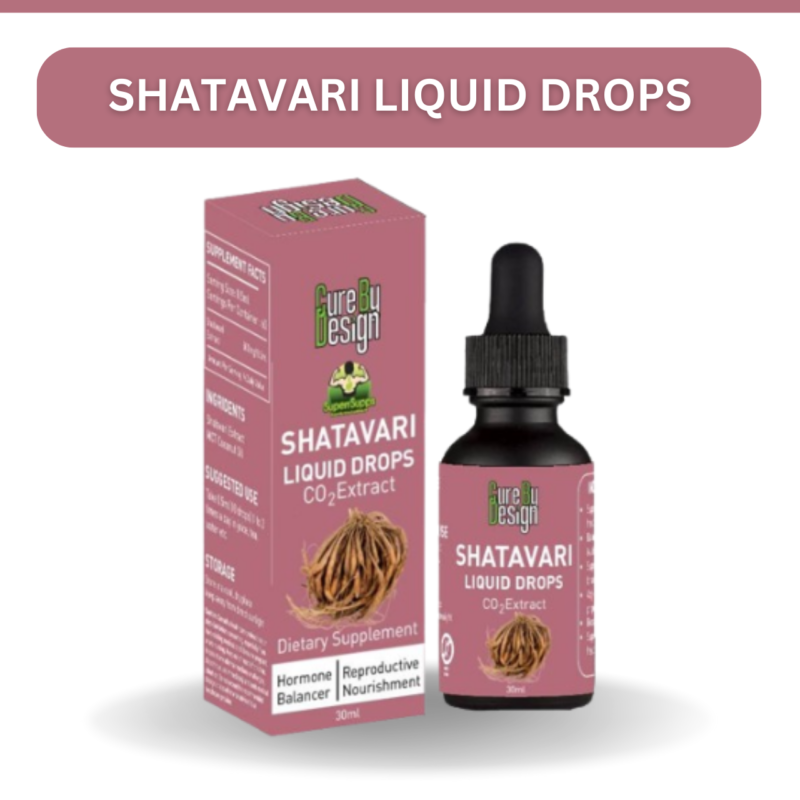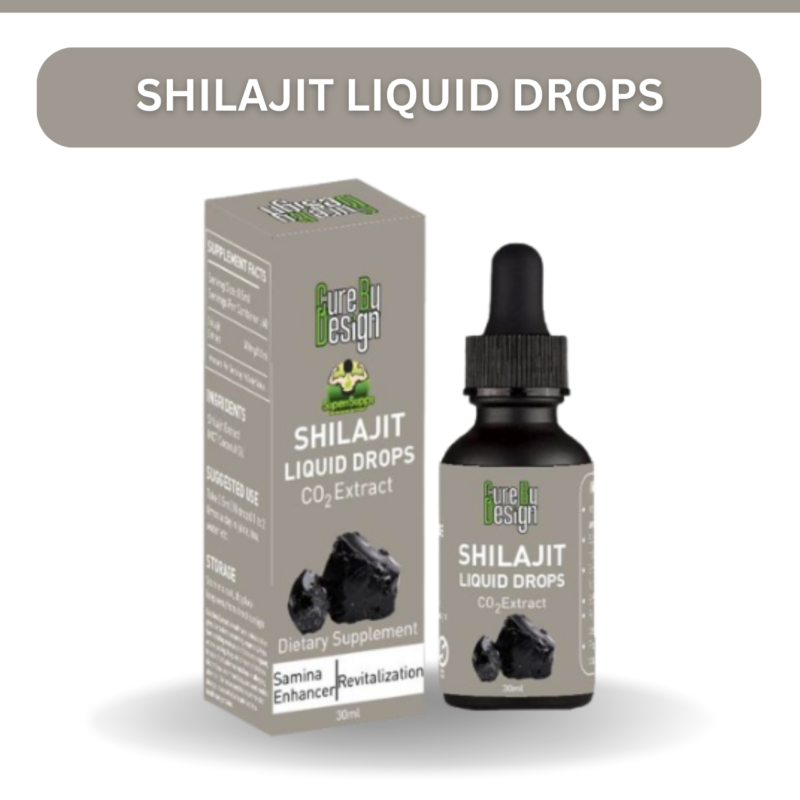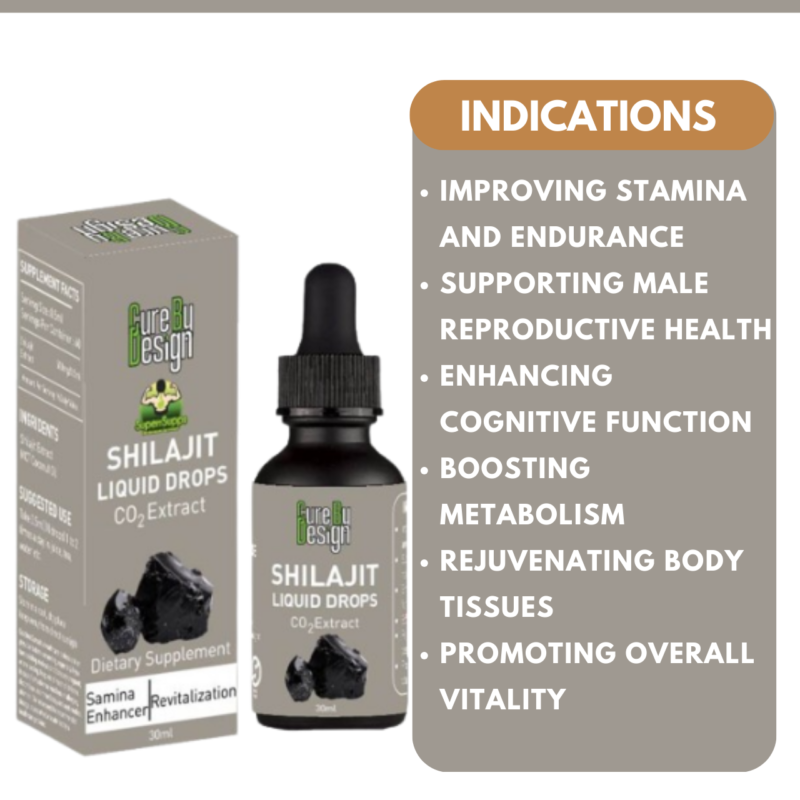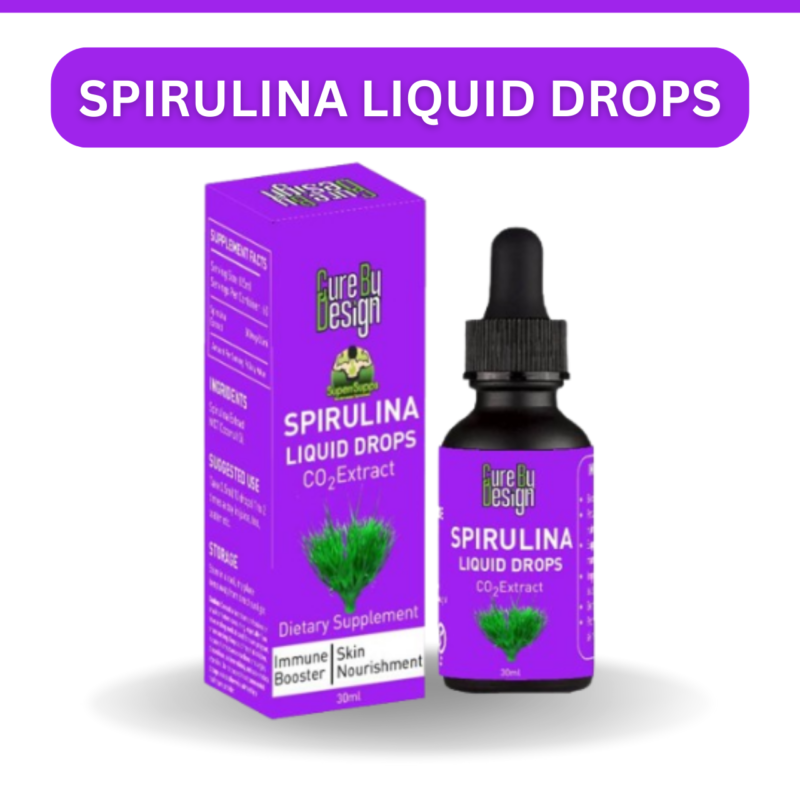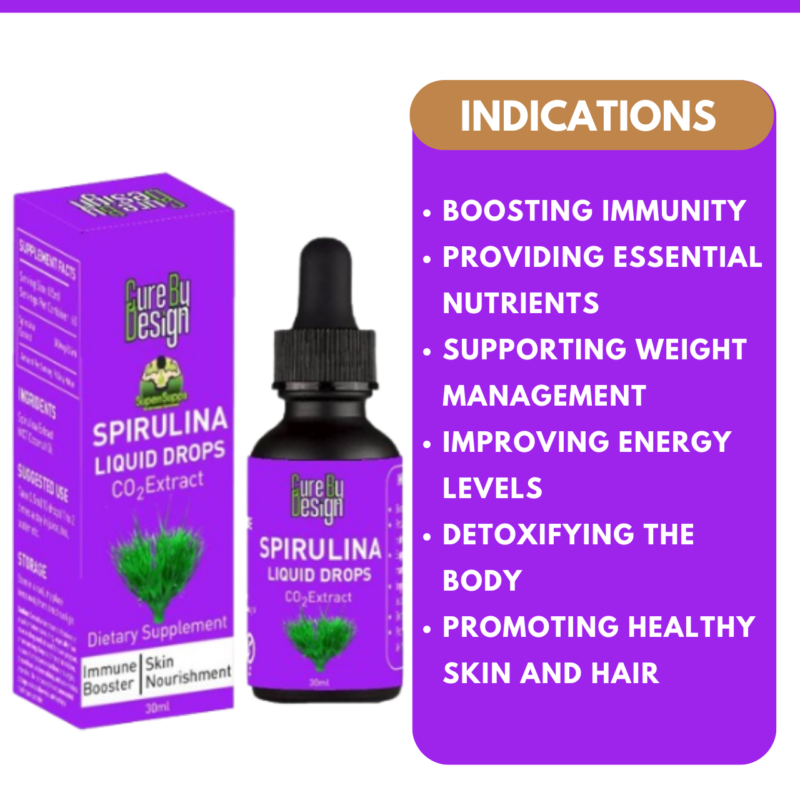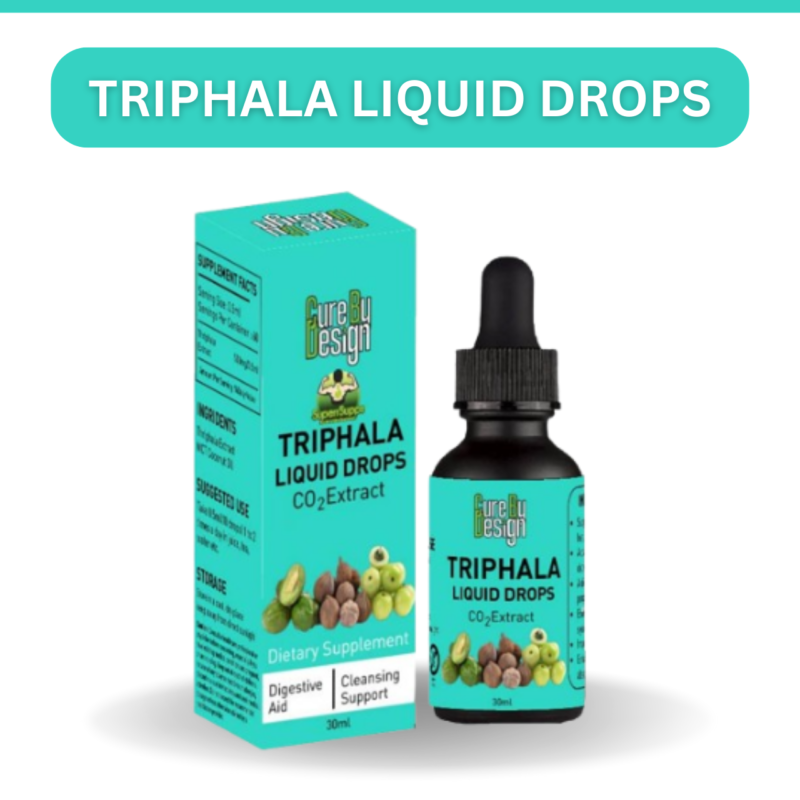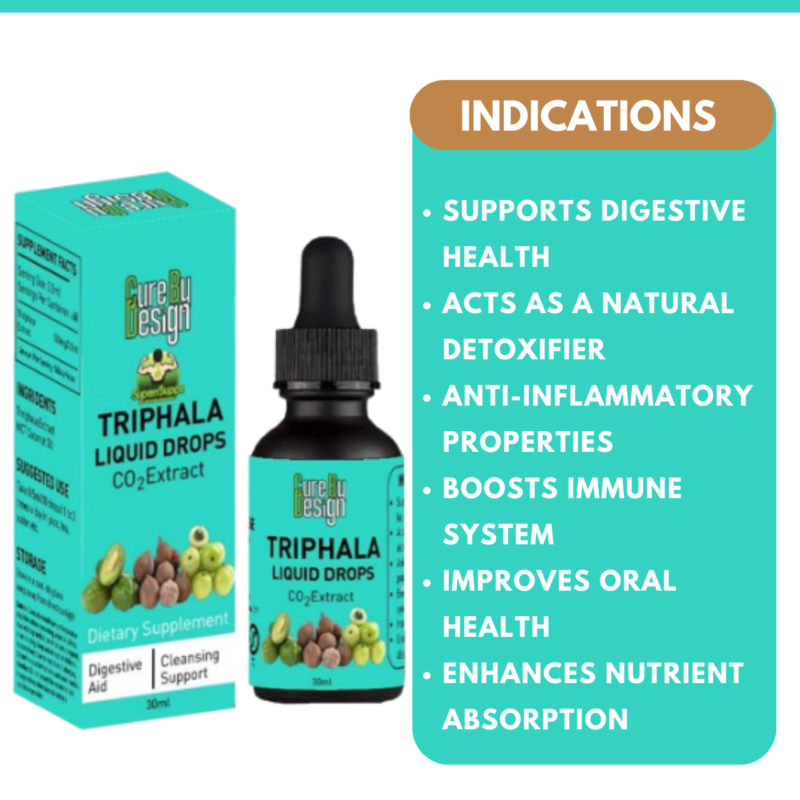7 Advantages and Applications of THC Oil (Including Side Effects)

THC oil has gained popularity for its various benefits and applications. One of the main advantages is pain relief, which helps those suffering from chronic conditions like arthritis or cancer. It can also have anti-inflammatory effects, easing symptoms related to inflammatory diseases. Additionally, THC oil effectively reduces nausea, especially for chemotherapy patients, and stimulates appetite in individuals experiencing weight loss due to illness. It’s known to alleviate anxiety and promote better sleep quality too. However, potential side effects exist; these can include psychoactive reactions like mood changes, dry mouth or eyes, increased heart rate, cognitive impairment, paranoia in some cases, and dependency issues with long-term use.
1. Pain Relief from THC Oil

THC oil is widely recognized for its ability to relieve pain, making it a popular choice for individuals suffering from chronic conditions. It works by interacting with the body’s endocannabinoid system, which plays a key role in regulating pain and inflammation. For instance, patients with arthritis often report significant reductions in pain levels when using THC oil, allowing them to engage in daily activities with greater ease. Similarly, those dealing with multiple sclerosis or cancer-related pain have found THC oil to be an effective option, helping to manage their discomfort. This analgesic property is particularly beneficial for individuals who may not respond well to traditional pain medications, as THC oil can provide an alternative with fewer side effects for some users.
2. Anti-Inflammatory Effects of THC
THC oil possesses notable anti-inflammatory properties that can be advantageous for individuals suffering from various inflammatory conditions. Research indicates that THC interacts with the body’s endocannabinoid system, which plays a significant role in regulating inflammation. For example, patients with Crohn’s disease or irritable bowel syndrome may find relief from symptoms such as abdominal pain and swelling when using THC oil. Additionally, conditions like rheumatoid arthritis, which involve chronic inflammation, can also benefit from THC’s ability to reduce swelling and pain. This makes THC oil a potential option for those seeking natural alternatives to traditional anti-inflammatory medications.
3. Reducing Nausea and Vomiting
THC oil has gained recognition for its ability to effectively reduce nausea and vomiting, particularly among patients undergoing chemotherapy. Chemotherapy can induce severe nausea, making it difficult for patients to eat and maintain their strength. Studies have shown that THC can stimulate the appetite and reduce the feeling of nausea, providing relief for these patients. For instance, many cancer patients report a significant decrease in nausea after using THC oil, which can improve their overall quality of life during treatment. Additionally, THC’s antiemetic properties are not only beneficial for cancer patients; they can also help those suffering from other conditions that cause chronic nausea, such as gastroesophageal reflux disease (GERD) or motion sickness. By activating the endocannabinoid receptors in the brain that regulate nausea and vomiting, THC oil stands out as a valuable option for those seeking relief.
4. Appetite Stimulation with THC Oil

THC oil is well-known for its ability to stimulate appetite, a phenomenon often referred to as the “munchies.” This effect can be especially beneficial for individuals dealing with severe appetite loss due to medical conditions such as cancer, HIV/AIDS, or anorexia. For instance, cancer patients undergoing chemotherapy frequently experience nausea and a decline in appetite, making it challenging to maintain their nutritional intake. THC oil can help counteract these effects, encouraging patients to eat more and improve their overall health. Additionally, studies have shown that THC can enhance the sensory experience of eating, making food more enjoyable. This stimulation of appetite not only aids in weight gain but also supports recovery and overall well-being. However, individuals should use THC oil mindfully, especially those with a tendency to overeat or unhealthy eating habits.
5. Anxiety and Stress Relief Benefits
THC oil has gained attention for its potential to alleviate anxiety and reduce stress. By interacting with the endocannabinoid system, THC influences neurotransmitters that play a role in mood regulation. Many users report feeling a sense of calm and relaxation after using THC oil, making it a popular choice for those dealing with everyday stressors or more significant anxiety disorders. For example, individuals facing social anxiety may find that THC oil helps them engage more comfortably in social situations. However, it’s essential to note that the effects can vary widely among users; while some may experience relief, others might find that THC exacerbates their anxiety. This variability underscores the importance of starting with a low dose and consulting healthcare professionals to ensure a safe and beneficial experience.
6. THC Oil as a Sleep Aid
THC oil can be particularly effective as a sleep aid for those struggling with insomnia or other sleep disorders. Its ability to interact with the endocannabinoid system helps in the relaxation of both the mind and body, making it easier to fall asleep. Many users report a significant reduction in sleep latency, meaning they can drift off to sleep faster. Additionally, THC oil has been found to increase total sleep time, allowing for a more restorative sleep experience. For example, patients suffering from chronic pain-related insomnia often find that THC oil alleviates their discomfort and helps them achieve a deeper, uninterrupted sleep. However, it is essential to start with a low dose, as higher amounts can lead to grogginess the next day or disrupt the sleep cycle. Overall, THC oil may provide a natural alternative for those seeking better quality sleep.
7. Neuroprotective Properties of THC
Preliminary research suggests that THC may possess neuroprotective properties, which could play a significant role in treating neurodegenerative diseases, including Alzheimer’s and Parkinson’s. Studies have indicated that THC can reduce the formation of amyloid plaques, a hallmark of Alzheimer’s disease, potentially slowing cognitive decline. Additionally, THC’s anti-inflammatory effects may protect brain cells from damage caused by neuroinflammation, a common issue in neurodegenerative conditions. For instance, patients with Parkinson’s disease have reported improvements in motor symptoms and overall quality of life when using THC oil. However, more extensive clinical trials are needed to fully understand these benefits and how they can be safely applied in medical settings.
8. Medical Applications of THC Oil
THC oil has a variety of medical applications that cater to different health conditions. One of its primary uses is in pain management. Patients suffering from chronic pain, such as those with arthritis or fibromyalgia, often find relief through THC oil due to its potent analgesic properties. Additionally, for individuals undergoing chemotherapy, THC oil is effective in alleviating nausea and vomiting, offering significant comfort during a difficult treatment process. It also plays a crucial role in stimulating appetite for those dealing with severe weight loss due to illnesses like cancer or HIV/AIDS. Beyond these, THC oil is being studied for its neuroprotective properties, which could potentially aid in the management of neurodegenerative diseases like Alzheimer’s and Parkinson’s. Its anti-inflammatory effects make it beneficial for patients with diseases like Crohn’s disease, helping to reduce symptoms and improve quality of life. Furthermore, THC oil is increasingly being utilized in palliative care, providing comfort and relief for patients nearing the end of life.
| Advantages | Applications | Side Effects |
|---|---|---|
| Pain Relief | Medical Use | Psychoactive Effects |
| Anti-Inflammatory Effects | Recreational Use | Dry Mouth and Eyes |
| Nausea and Vomiting Reduction | Topical Applications | Increased Heart Rate |
| Appetite Stimulation | Edibles | Cognitive Impairment |
| Anxiety and Stress Relief | Anxiety or Paranoia | |
| Sleep Aid | Dependency Potential | |
| Neuroprotective Properties | Withdrawal Symptoms |
9. Recreational Uses of THC Oil
THC oil is popular in recreational settings, particularly in areas where cannabis is legal. Users often consume THC oil for its euphoric effects, which can include feelings of relaxation, happiness, and altered perception. Many individuals enjoy using THC oil in social situations, as it can enhance experiences like music concerts, parties, or gatherings with friends. Additionally, THC oil can be used in various forms, such as in vape pens, which provide a discreet and convenient method of consumption. Some people also incorporate THC oil into their cooking, creating infused dishes that offer a unique culinary experience. However, it is important for recreational users to be mindful of dosage, as higher amounts can lead to anxiety or paranoia. Responsible use is key to enjoying the benefits without overwhelming side effects.
10. Topical Applications of THC Oil
THC oil can be effectively used in topical applications, such as creams and balms, to target localized pain and inflammation. This method allows users to apply THC directly to the skin, where it can penetrate and provide relief without significant psychoactive effects. For example, athletes may use THC-infused balms to soothe sore muscles after a workout, while individuals with arthritis might find relief from joint pain. The localized nature of topical applications means that users can experience the benefits of THC oil without the systemic effects that come with ingestion. Additionally, these topical products can be combined with other ingredients like menthol or essential oils to enhance their soothing properties, providing a multi-faceted approach to pain management. However, it is essential for users to conduct a patch test to ensure there are no adverse reactions before widespread use.
11. THC Oil in Edibles
THC oil is a popular ingredient in edibles, which are food products infused with cannabis. This method of consumption offers a discreet and enjoyable way to experience the benefits of THC. Edibles come in many forms, including gummies, chocolates, cookies, and beverages, making it easy for users to find a product that suits their taste. One of the main advantages of consuming THC oil in edibles is the extended duration of effects compared to other methods, such as smoking or vaping. When ingested, THC is metabolized by the liver, producing a stronger and longer-lasting high. However, it’s important to note that the onset of effects can take longer, often between 30 minutes to 2 hours, depending on individual metabolism and the specific product. This delay can sometimes lead users to consume more than intended, so it’s crucial to start with a low dose and wait to gauge the effects. Additionally, edibles can provide therapeutic benefits, such as pain relief and anxiety reduction, similar to other forms of THC consumption. They also offer an appealing option for those who may not want to inhale smoke or vapor. Overall, THC oil in edibles can be a versatile and effective way to incorporate cannabis into one’s lifestyle.
12. Common Side Effects of THC Oil
THC oil, while beneficial for many, can also lead to several side effects that users should be aware of. One of the most notable side effects is the psychoactive effect, where users may experience altered perceptions or mood changes, ranging from euphoria to anxiety. This can be especially concerning for new users or those sensitive to THC.
Another common issue is dry mouth, often referred to as “cottonmouth,” along with dry eyes, both of which can be uncomfortable but manageable with hydration. Additionally, THC can cause an increased heart rate, which may not be suitable for individuals with heart conditions.
Cognitive impairment is another side effect, where users might find it difficult to concentrate or remember things short-term, impacting their daily activities. Some users may also experience heightened anxiety or paranoia, particularly if they have a predisposition to anxiety disorders.
It’s essential to note that regular use of THC can lead to a potential dependency, with users developing tolerance over time. Upon discontinuation, they may face withdrawal symptoms, such as irritability, insomnia, and changes in appetite. Understanding these side effects can help users make informed decisions when considering THC oil.
- Dry mouth
- Red eyes
- Increased heart rate
- Dizziness
- Anxiety or paranoia
- Short-term memory impairment
- Coordination issues
- Changes in appetite
13. Understanding THC’s Psychoactive Effects
THC, or tetrahydrocannabinol, is the primary psychoactive compound found in cannabis. When consumed, THC interacts with the body’s endocannabinoid system, specifically binding to CB1 receptors in the brain. This binding can lead to a range of psychoactive effects, including euphoria, relaxation, and altered sensory perception. For many users, these effects can be pleasurable, contributing to the recreational use of THC oil.
However, not everyone experiences the same effects. Some individuals may find that THC heightens their anxiety or leads to feelings of paranoia. This is particularly true for those who may be predisposed to anxiety disorders. Users can also experience cognitive changes, such as impaired short-term memory and difficulty concentrating, which can impact their daily activities.
It’s important to note that the psychoactive effects of THC can vary widely based on factors such as dosage, individual tolerance, and the method of consumption. For example, consuming THC oil in edibles may lead to a delayed onset of effects compared to smoking or vaping, which can sometimes result in overconsumption and heightened anxiety or discomfort. Understanding these effects is crucial for users to have a safe and enjoyable experience with THC oil.
14. Managing Dry Mouth and Eyes
One of the common side effects of using THC oil is dry mouth, often referred to as “cottonmouth.” This occurs because THC can inhibit saliva production, leading to a feeling of thirst and discomfort. Staying hydrated by drinking water or herbal teas can help alleviate this sensation. Chewing sugar-free gum or sucking on hard candies can also stimulate saliva flow.
Dry eyes are another effect that some users experience. This happens when THC reduces tear production, resulting in irritation or a scratchy feeling in the eyes. To manage dry eyes, users can apply over-the-counter artificial tears or lubricating eye drops. Taking breaks from screens and ensuring proper humidity in the living environment can also be beneficial.
Although these side effects can be uncomfortable, they are typically manageable. Awareness and preparation can make the experience of using THC oil more enjoyable.
15. Increased Heart Rate Risks
Using THC oil can lead to an increased heart rate, a side effect that users should be aware of, especially those with pre-existing heart conditions or cardiovascular issues. This increase in heart rate, often termed tachycardia, can vary in severity depending on the individual and the dosage taken. For some, this may result in feelings of anxiety or panic, particularly if they are not accustomed to the psychoactive effects of THC. For example, someone who uses THC oil for pain relief may find the elevated heart rate uncomfortable or alarming, potentially overshadowing the benefits they seek. It’s important for individuals to monitor their heart rate and be cautious when using THC oil, especially if they have a history of heart problems.
16. Cognitive Impairment Concerns
cognitive impairment is a notable side effect of THC oil that users should consider. It can lead to short-term memory issues, making it harder to remember recent events or details. For instance, someone may struggle to recall a conversation they had just moments ago. Concentration can also be affected, which impacts daily tasks like driving or operating machinery. Additionally, decision-making capabilities may be impaired, leading to potential risks in situations requiring quick judgment. These cognitive effects can be particularly concerning for individuals who need to maintain high levels of focus, such as students or professionals in demanding jobs. While many users enjoy the euphoric effects of THC, they should be aware that these cognitive impairments can hinder their performance in various aspects of life.
17. Anxiety or Paranoia Triggers
While THC oil can provide relief for many, it can also trigger anxiety or paranoia in certain individuals. This is particularly true for those who may have a predisposition to anxiety disorders or those who consume high doses of THC. The psychoactive effects of THC can sometimes amplify feelings of unease or fear, leading to panic attacks or heightened anxiety. For example, someone who is already anxious might find that THC oil intensifies their worries, making them feel overwhelmed or paranoid. It’s crucial for users to be aware of their limits and to start with lower doses, especially if they are new to THC products. Additionally, creating a comfortable and safe environment when using THC oil can help mitigate these negative effects.
18. Dependency and Withdrawal Issues
Regular use of THC oil can lead to dependency, particularly for those who use it frequently for pain relief or other therapeutic benefits. Over time, users may develop a tolerance, meaning they require higher doses to achieve the same effects. This can create a cycle of increased use, leading to potential dependence. When individuals stop using THC oil suddenly after prolonged use, they may experience withdrawal symptoms, which can include irritability, insomnia, decreased appetite, and mood swings. These symptoms can be distressing and may discourage users from discontinuing the oil even if they wish to. For example, someone using THC oil to manage chronic pain might find it difficult to stop even if they experience negative side effects. It’s important for users to be aware of these risks and consider seeking guidance from healthcare professionals when using THC oil, especially for extended periods.
19. Consulting Healthcare Professionals About THC Oil
Before using THC oil, it’s crucial to consult with healthcare professionals. They can provide personalized guidance based on your medical history and current medications. For instance, if you’re taking medications for anxiety or heart conditions, THC’s effects on your body may interact with these drugs, leading to unforeseen complications. Healthcare providers can help determine the appropriate dosage and method of consumption tailored to your specific needs. Additionally, they can monitor any side effects you might experience, ensuring your safety while using THC oil. Always discuss your intentions and any concerns with a qualified professional to make informed decisions about your health.
Frequently Asked Questions
1. What are the main benefits of using THC oil?
THC oil can help relieve pain, reduce anxiety, improve sleep, and stimulate appetite, among other benefits.
2. Can THC oil be used for medical purposes?
Yes, many people use THC oil to manage chronic pain, nausea from chemotherapy, and other medical conditions.
3. Are there any side effects of using THC oil?
Some side effects include dry mouth, dizziness, increased heart rate, and anxiety, especially in new users.
4. How do you take THC oil safely?
It’s important to start with a small dose, listen to your body, and consult a healthcare professional for guidance.
5. Is THC oil legal everywhere?
No, the legality of THC oil varies by state and country, so it’s important to check local laws before using it.
TL;DR THC oil offers notable advantages such as pain relief, anti-inflammatory effects, nausea reduction, appetite stimulation, anxiety relief, improved sleep, and potential neuroprotective properties. It can be utilized medically for chronic pain and appetite issues, recreationally for its psychoactive effects, and topically for localized relief. However, users should be aware of side effects like dry mouth, increased heart rate, cognitive impairment, anxiety, dependency risks, and withdrawal symptoms. Consulting healthcare professionals before use is advised.



